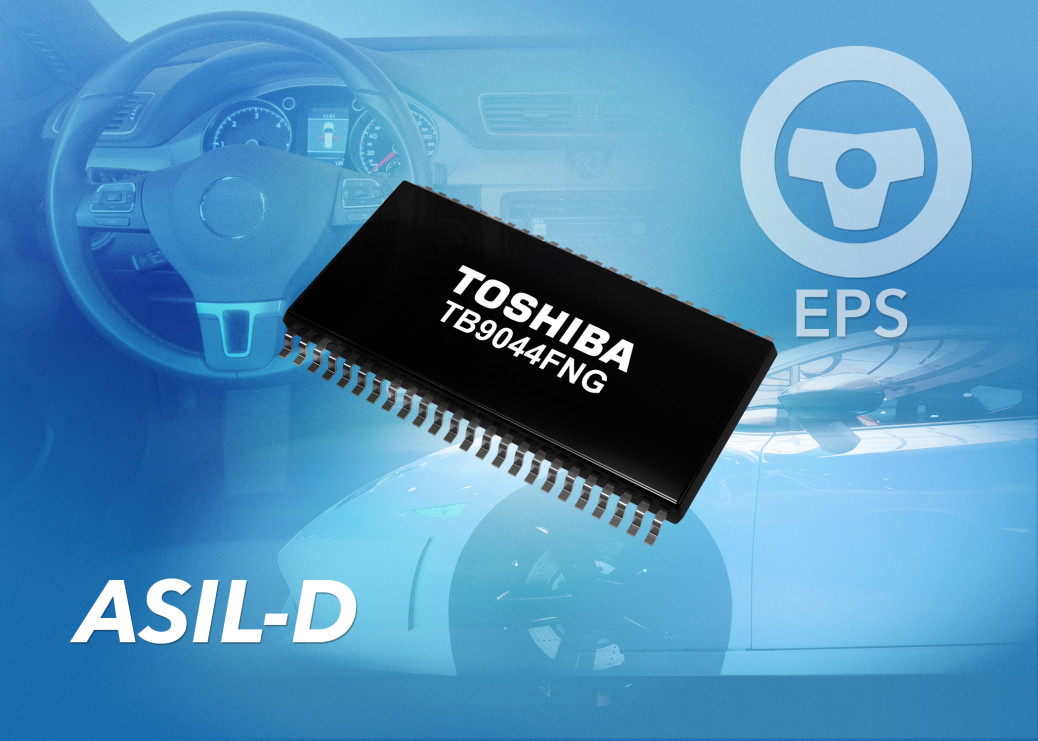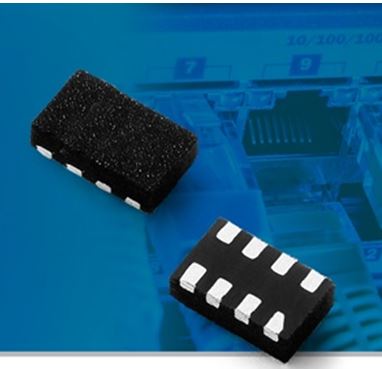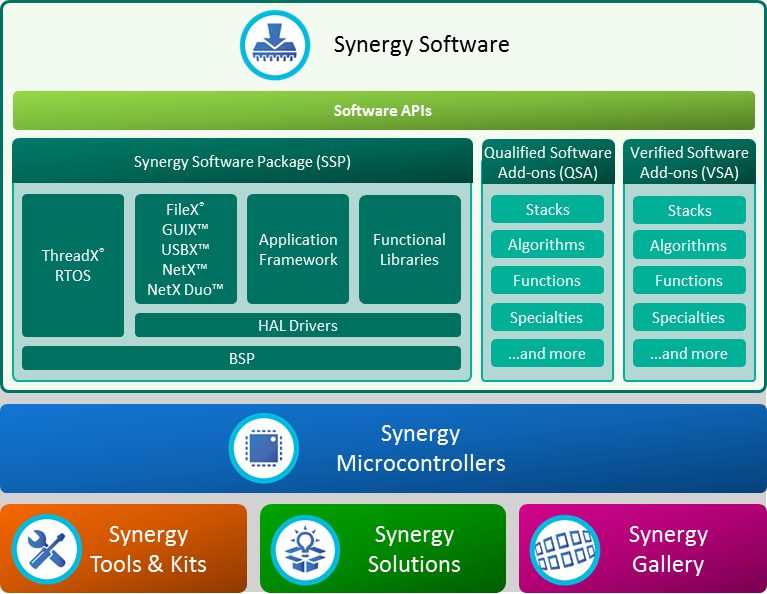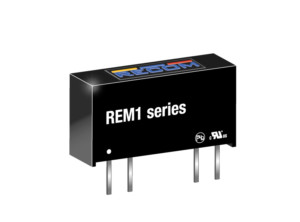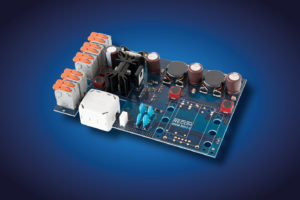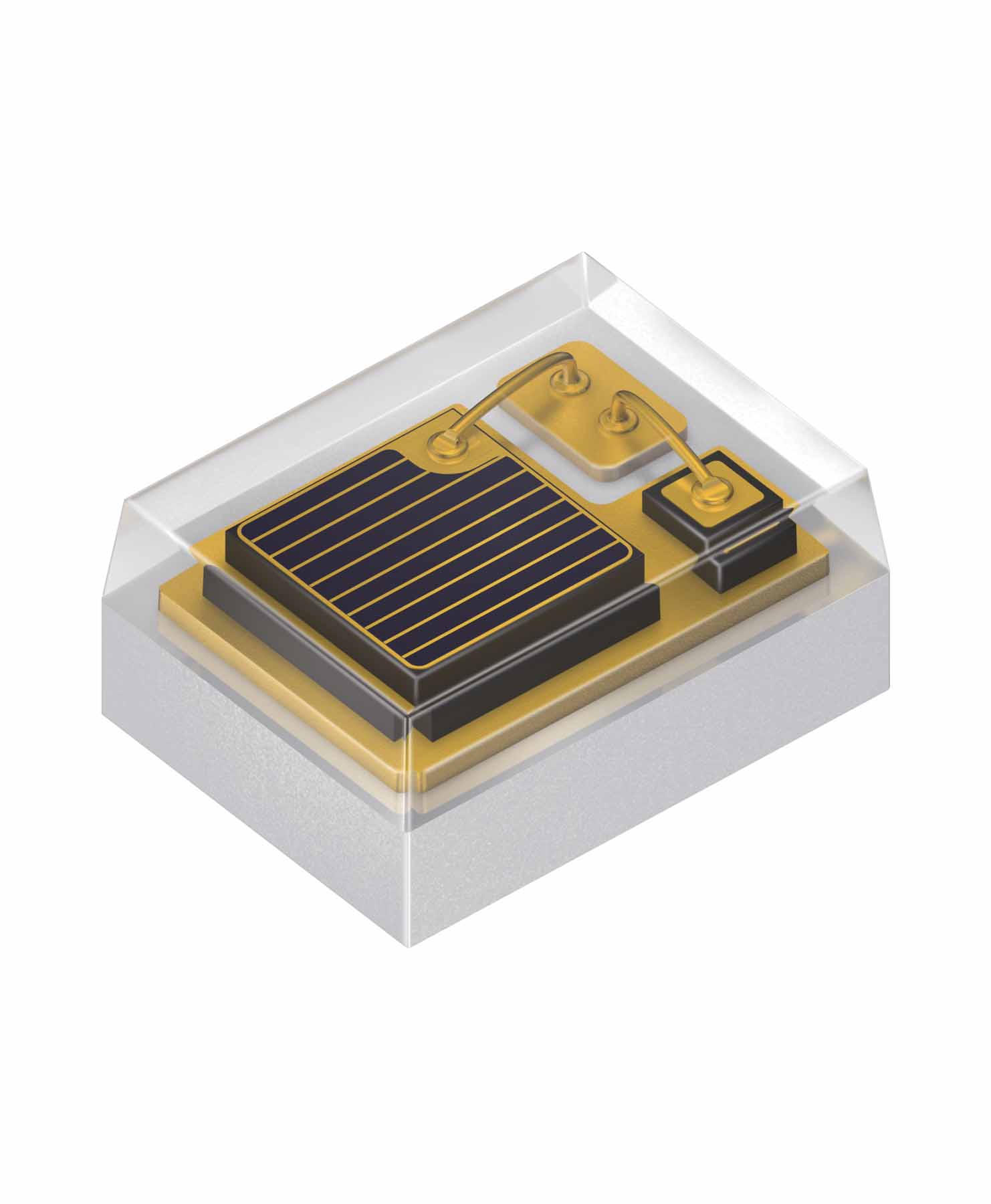Toshiba launches general-purpose System Power IC for Automotive Functional Safety
New IC provides the highest levels of functional safety to enable car designs to meet ASIL-D requirements
Toshiba Electronics Europe has launched a general purpose system power IC with multiple outputs and functional safety[1] circuits for automotive applications. The new TB9044FNG is housed in an HTSSOP48-P-300-0.50 package measuring 6.1mm by 12.5mm x 1.0mm.
Safety-critical automotive systems, such as electric power steering (EPS) and braking, are required to meet the requirements of ASIL-D[2], the highest automotive safety integrity level prescribed in the ISO 26262 functional safety standards.
The new IC integrates various failure detection functions, such as a high-voltage and low-voltage detection and overheat detection of power supply circuit to monitor against the IC’s own failure, and a watchdog timer to monitor failure detection of the external MCU.
An initial diagnosis circuit to detect latent faults in the failure detection circuits is also incorporated to secure higher functional safety.
The IC generates a 6V output from a high efficiency buck-boost DC-DC converter. In order to avoid problems following a voltage drop during cranking, the low side operating voltage range is improved down to 2.7V (min.) with battery operation.
Toshiba has carried out a range of functional safety analyses to simulate system failures and will provide customers with documentation, such as functional safety FMEDA[3], to support overall safety analysis and design.
The IC incorporates four series power supply[4] output circuits receiving the 6V input generated by the DC-DC converter. It also incorporates an output circuit with a 5V constant voltage (current capacity is 400mA) for the microcomputer, and three circuits with 5V constant voltage output (current capacity is 100mA) for sensors and other interfaces. Each of them can output a voltage independently.
Sample shipments start today, with the mass production scheduled to start in October 2017.
Notes
[1] Functional-safety-based standards seek to minimize risk resulting from system failures. ISO 26262 certification recognizes that a company’s processes or products for electrical and electronic (E/E) systems for car applications meet the stringent criteria specified in the standard and provides third parties with an independent means of assessing the capabilities of a potential supplier.
[2] ASIL: Automotive Safety Integrity Level
[3] FMEDA:Failure Modes Effects and Diagnostics Analysis
[4] Series power supply: The DC power supply circuit in which a voltage control element was connected to a load in series.
[5] SPI:Serial Peripheral Interface

